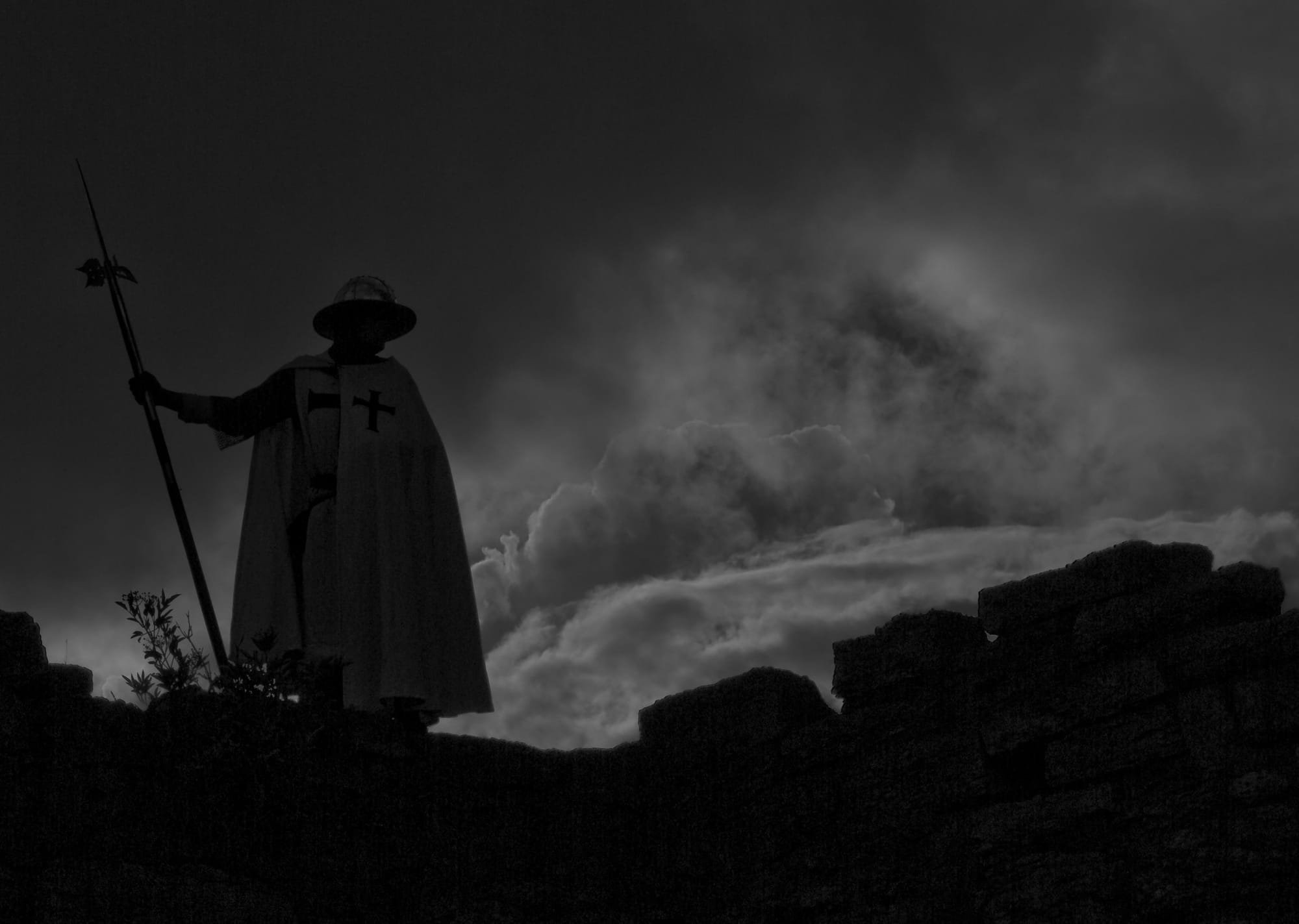Cultural Schizophrenia and Rebellion in Marlowe’s Doctor Faustus

Alajlani, Zaher. “Cultural Schizophrenia and Rebellion in Marlowe’s Doctor Faustus.” Journal of Romanian Literary Studies, vol. 19, no. 19/2019, Nov. 2019, pp. 890–896.
Abstract: Christopher Marlowe remains one of the Renaissance’s most intriguing writers. His ability to create subversive characters and his unique depiction of madness give him a special place in the history of English literature. Doctor Faustus, one of Marlow’s signature plays, is a prime example of his interest in the theme of madness. This is especially the case because Faustus displays symptoms of what can now be described as schizophrenia (Hopkins 123). Since the latter is usually described as a “culture-bound illness” (Gaines 2), understanding the culture of Elizabethan England and its power dynamics enables us to have a better insight into both the protagonist of the play, Faustus, and the genius behind it. In this paper, the endeavor is not to study schizophrenia as a mental illness but as a phenomenological experience loaded with cultural meanings (i.e. cultural schizophrenia). In other words, I attempt to investigate cultural schizophrenia in Doctor Faustus and how it represents a tool for subverting the dominant norms in Elizabethan England.